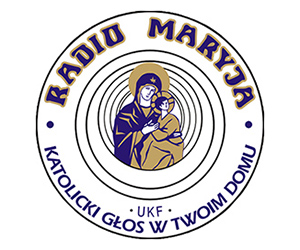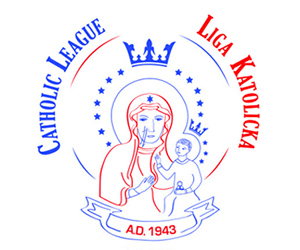
We are all called to be prophets! – Although this may sound strange, being a Christian means being a prophet. A prophet knoks us back into our senses and does not allow the Church and loved ones of the same faith to remain half-dead.
This is a difficult job to have because it requires the ability to discover those special situations and aspects where building the world and its surrounding reality coincides with the coming Kingdom. In this way, through His prophets, God influences the course of current events and throughout human history.
Dear reader, perhaps you are looking at these words sceptically thinking that prophets are dead though they undoubetdly existed in the past… but are they day around in the modern world?And even if there would be a prophet somewhere, he would have to be at least an eccentric character, some kind of “wizard” who predicts the future. Though this might be the common understanding of who a prophet is. However, the truth lies elsewhere.
The prophet reads the present perfectly; he has a clear understanding of where he lives and the historical circumstance. Meanwhile, he is capable of understanding the deep meanings of God’s Word and applies them accurately in the contemporary circumstances. He is the witness and commentator of the times, called by God. A prophet’s eye is piercing and deciphers the present to understand the intertwinings of the history of the Kingdom of God with the history of humanity. Therefore, to understand our vocations as Christians, we must disprove stereotypes and misunderstandings.
A person cannot lead others to God (even thier own children) without knowing the functions of a prophet. These days far too many people say that they don’t expect anything from life, but simply “I want to be a normal…” with audacity adding: „Christian.” This kind of thinking is dangerous, because a Christian who works hard in everyday reality, works in vain because he is unable to look reasonably at the events of life and history and therefore, cannot help others and be a guide towards God. He is simply an obstacle that hinders others.
The Conciliar Constitution, “Lumen Grentium” says that God’s people share in Christ’s three attributes: priestly, royal, and prophetic! God’s people are not members of a fictional society, but individual, real, living people. So why is this gift so rare among Christians today? It seems that an acquired fear lurks in us, urging us not to go beyond the adopted model of social behavior.
The prophet, however, is a free man. Not needing diplomacy to speak the truth, and not heeding anyone’s interests, bias, or feelings. Today’s Christians are unable to develop this charism to shout out God’s truth, because when the moment moment comes where they might want to shout something, they are stopped by someone who hives them something to eat from the table of political correctness. Thus, a person often falls into addiction, mediocrity, and lukewarmness of the spirit. Hence the contrast between them and a true prophet, who is often regarded as a rebel in the eyes of fearful, ignorant, and superficial people. The prophet’s rebellion, however, stems from obedience to his conscience prompted by God’s Word and the sound teaching of the church. Be mindful however; this obedience is a crown forged in freedom, love, contemplation, and silence. This path leads to life and salvation.
Roman Harmata
Translated and edited by Theresa Harmata







